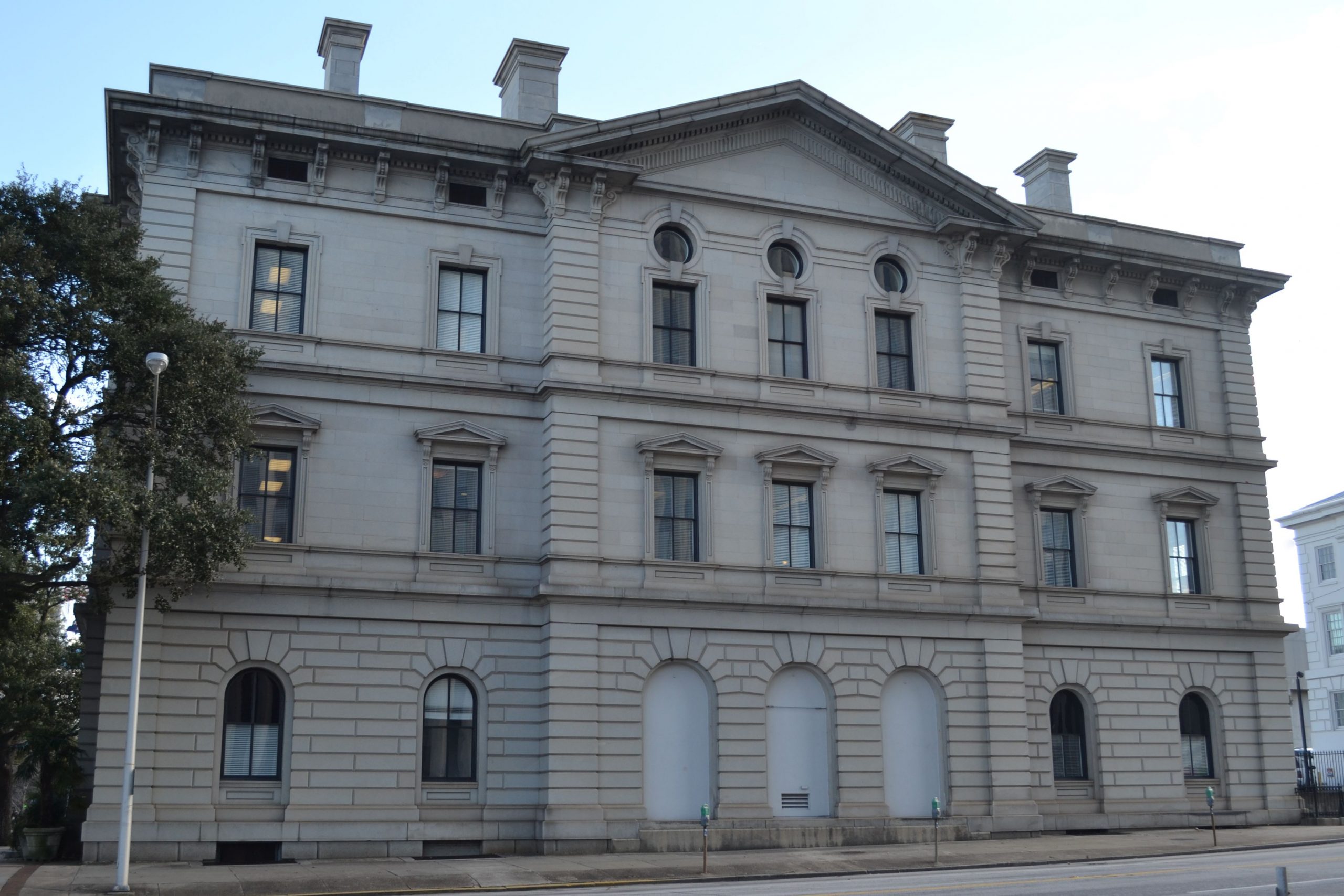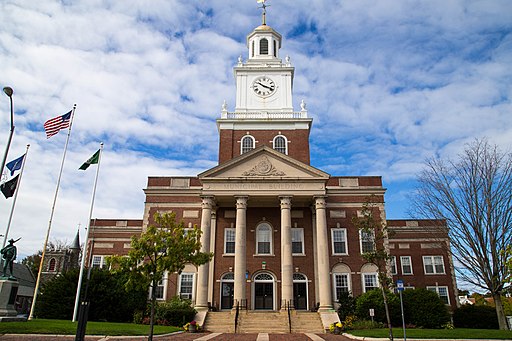Tag: election results
-
Why do some states report election results faster than others?

Why do some states report election results faster than others? (Episode #184) On this episode: States don’t all count ballots at the same speed, and the reasons why are more complicated than they might seem. In some places, unofficial election results are nearly complete by the end of Election Day. In others, it can take…
-
Sid Miller wins Texas Agriculture Commissioner Republican primary

Incumbent Sid Miller defeated Carey Counsil and James White in the Republican primary for Texas Commissioner of Agriculture on March 1, 2022. With 98% of polling locations reporting, Miller received 59% of the vote, followed by White with 31% and Counsil with 10%. Miller was first elected agriculture commissioner in 2014 and was re-elected in…
-
Casar wins Democratic primary in Texas’ 35th Congressional District

Greg Casar defeated three candidates—State Rep. Eddie Rodriguez, consultant Carla-Joy Sisco, and former San Antonio City Councilwoman Rebecca Viagran—in the Democratic primary election for Texas’ 35th Congressional District on March 1, 2022. Incumbent U.S. Rep. Lloyd Doggett (D) is seeking re-election in the 37th District, leaving the 35th District open for the first time since…
-
Monica De La Cruz Hernandez wins nine-candidate Republican primary for TX-15

Monica De La Cruz Hernandez advanced from the Republican Party primary in Texas’ 34th Congressional District on March 1, 2022. As of 7:45 a.m. ET on March 2, 2022, De La Cruz Hernandez had received 56 percent of the vote and Mauro Garza was second with 15 percent. Nine candidates ran in the primary election.…
-
86% of incumbents were successful in their Nov. bid for re-election

In the 2021 general election, an average of 85.54% of incumbents nationwide won their re-election bids. The number drops to 82.35% when including incumbents that withdrew or were disqualified. In 2020, 93% of incumbents won their elections. In 2019, that number was 90%, and it was 92% in 2018. Minnesota incumbents were the least successful…
-
Hickman defeats Duong in Mississippi state Senate special runoff election

A special general runoff election was held for Mississippi state Senate District 32 on Nov. 23. Rod Hickman earned 59.8% of the vote, defeating Minh Duong, who earned 40.3% State legislative special elections are nonpartisan in Mississippi, meaning that candidates’ party affiliations do not appear on the ballot. Hickman and Duong had advanced from the…
-
Party control of mayor’s office in Columbia, S.C., flips from Democratic to Republican in runoff

Daniel Rickenmann defeated Tameika Isaac Devine in the runoff election for mayor of Columbia, South Carolina, on Nov. 16. Rickenmann received 52% of the vote to Devine’s 48%. Both Rickenmann and Devine are members of the Columbia City Council. While mayoral elections in Columbia are nonpartisan, Rickenmann is affiliated with the Republican Party. Incumbent Mayor…
-
Virginia to become the third state with a split legislature following 2021 general elections

As a result of the 2021 elections, Republicans gained a 52-48 majority in the Virginia House of Delegates. Democrats hold a 21-19 majority in the Virginia State Senate. When the new legislature takes office in January, Virginia will join Alaska and Minnesota as the only states where control of two legislative chambers is split between…
-
Pillsbury wins Dover City Council special election

The city of Dover, D.E., held a nonpartisan special election for District 1 on the city council on Nov. 16. The filing deadline for this election was Nov. 1. Julia Pillsbury defeated Brandy Walker in the special election with 53.5% of the vote. According to unofficial results, Pillsbury received 272 votes to Walker’s 236. The…
-
Nine state legislative seats changed party hands on Nov. 2

On Nov. 2, 2021, control of at least nine state legislative seats flipped from one political party to another. Eight of those seats flipped from Democratic to Republican control and the other flipped from Republican to Democratic control. There are 14 outstanding races still to be called, so these numbers could still change. The nine…

